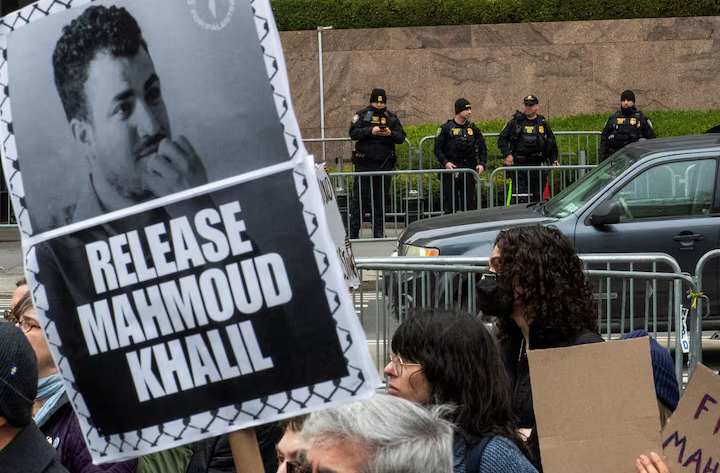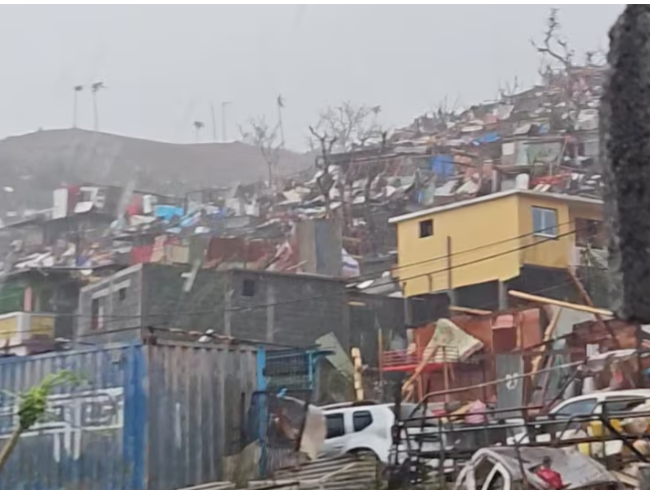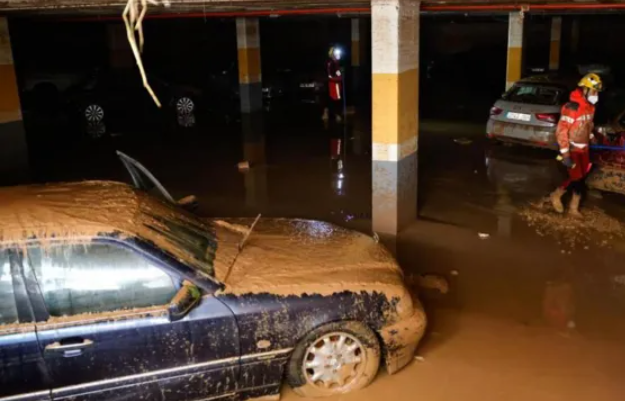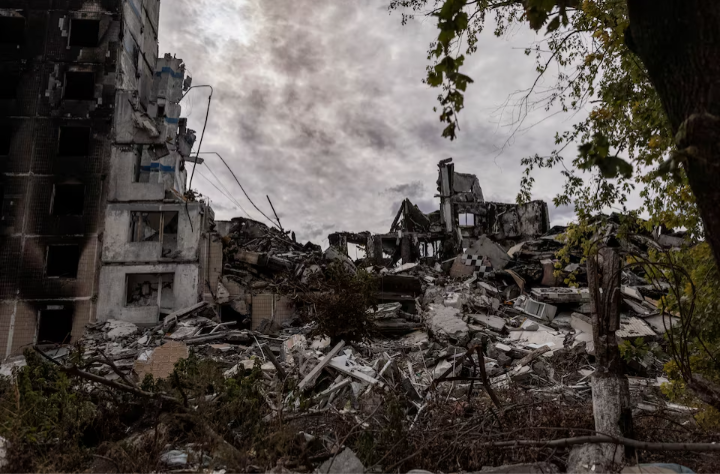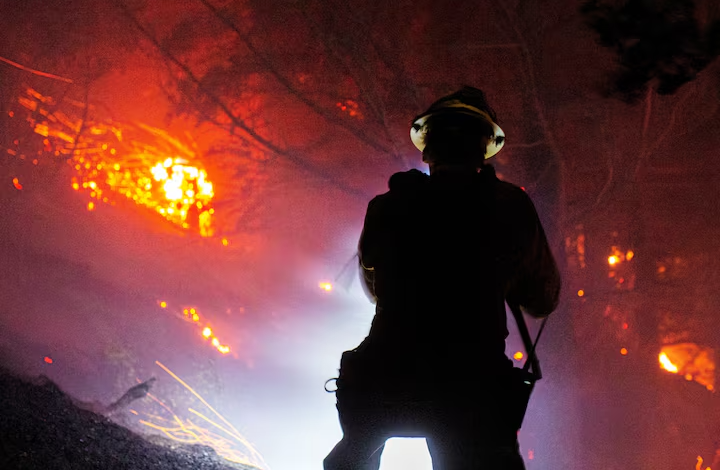Mahmoud Khalil, a Columbia University graduate and Palestinian activist, has been arrested by U.S. Immigration and Customs Enforcement (ICE) agents for allegedly concealing his employment with the United Nations Relief and Works Agency (UNRWA) on his visa application. The U.S. government argues that this omission is grounds for his deportation. Khalil, originally from Syria and holding Algerian citizenship, was detained on March 8 and transferred to a detention facility in Louisiana. His case has ignited debates over free speech and political activism, with supporters claiming he is being targeted for his pro-Palestinian stance.
Khalil's background includes work with UNRWA, an agency that has faced scrutiny due to alleged links with Hamas, particularly following attacks on Israel. Before his tenure at UNRWA, Khalil held a senior position at the UK's Syria office in Lebanon, a role that required rigorous security clearance. He also participated in the British government's Syria Chevening Program, which offers scholarships to promising foreign students.
At Columbia, Khalil was a prominent figure in the Columbia University Apartheid Divest (CUAD) movement, known for organizing anti-Israel protests. His activism has been polarizing; while some laud his commitment to social justice, others, including former classmates, allege that his views created a hostile environment for Jewish students. Despite formal complaints, no action was taken by the university regarding these concerns.
The U.S. government's case against Khalil extends beyond his alleged nondisclosure of UNRWA employment. Authorities claim he failed to reveal affiliations with other organizations, including previous work for the British embassy and membership in pro-Palestinian groups. Khalil's legal team criticizes these actions as weak and retaliatory against his advocacy.
Currently, a judge has blocked Khalil's deportation while his habeas corpus petition is reviewed. The U.S. government maintains that his case could impact foreign policy, underscoring the complex intersection of immigration law, international relations, and freedom of expression. As the legal proceedings continue, Khalil's situation remains a focal point in discussions about the rights of activists and the boundaries of political dissent.

